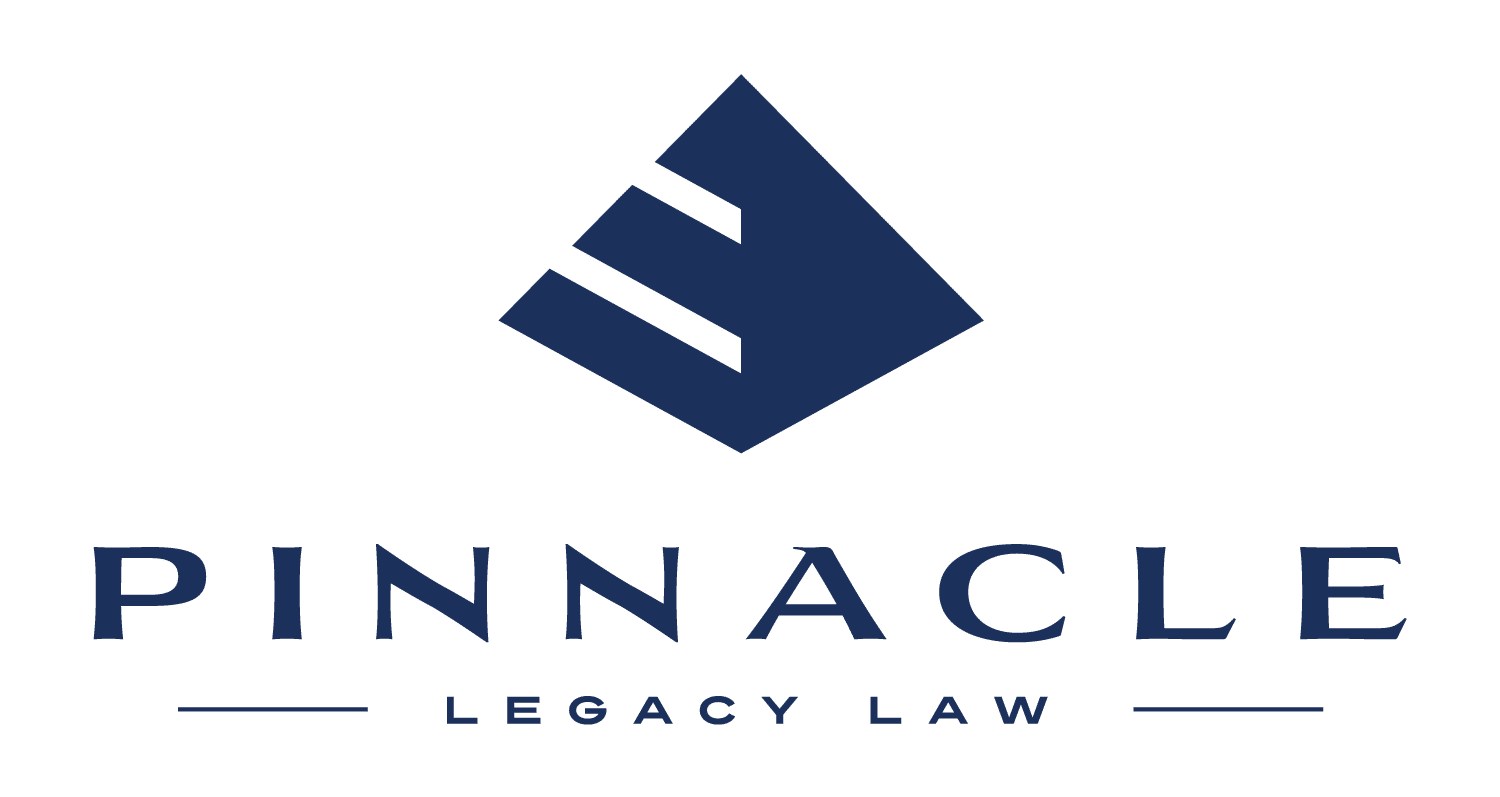What is Power of Attorney?
A power of attorney is a legal document that gives one person, known as the agent, the authority to act on behalf of another person, referred to as the principal. This authority can cover many actions, including managing finances, making healthcare decisions, or running a business. It’s important to note that a power of attorney is only effective while the principal is alive.
Why is Power of Attorney Important?
The importance of a power of attorney can’t be overstated. By setting up a power of attorney, you can ensure that your affairs will be managed according to your wishes if you become incapacitated. Without one, the court may have to appoint a guardian or conservator, which can be lengthy and expensive.
Understanding the Functionality of Power of Attorney
The functionality of a power of attorney depends on the type of power granted. For example, a financial power of attorney allows the agent to manage the principal’s financial affairs, while a medical power of attorney allows the agent to make healthcare decisions.
Types of Power of Attorney
There are several types of power of attorney, each serving a different purpose:
- General Power of Attorney: Grants the agent broad powers to act on behalf of the principal.
- Limited Power of Attorney: Limits the agent’s powers to specific tasks.
- Durable Power of Attorney: Remains in effect even if the principal becomes incapacitated.
- Springing Power of Attorney: This takes effect only under certain conditions, such as the principal’s incapacitation.
How to Create a Power of Attorney
Creating a power of attorney involves several steps:
- Choose an agent.
- Determine the type of power of attorney.
- Draft the document.
- Sign the document in the presence of a notary.
- If necessary, file the power of attorney with the appropriate government agency.
Choosing the Right Agent for Your Power of Attorney
Choosing the right agent is crucial, as this person will have significant decision-making power. The agent should be trustworthy, responsible, and willing to act in your best interest.
Essential Considerations for Power of Attorney Documents
When creating a power of attorney, it’s crucial to consider the scope of powers granted, the qualifications of the agent, and the conditions under which the power becomes effective.
Common Misconceptions about Power of Attorney
Despite its importance, there are several misconceptions about power of attorney. For instance, some believe it grants the agent the power to act against the principal’s wishes or remains in effect after the principal’s death. Both of these assumptions are incorrect.
When and How to Use a Power of Attorney
A power of attorney can be used whenever the principal cannot manage their affairs. It can be beneficial in the case of illness or travel.
Power of Attorney vs. Guardianship: Understanding the Differences
Fundamental differences exist while both a power of attorney and guardianship allow someone to act on your behalf. A power of attorney is more flexible and allows the principal to maintain more control, while guardianship is usually more restrictive and involves court oversight.
Frequently Asked Questions about Power of Attorney
In this section, we answer some of the most common questions about power of attorney, such as “What happens if I become incapacitated without a power of attorney?” or “Can a power of attorney be revoked?”.
The Benefits of Having a Power of Attorney in Place
Having a power of attorney offers several benefits, including peace of mind, control over who will manage your affairs, and potentially saving your loved ones from a complicated and costly legal process.
Conclusion
Understanding the power of attorney is crucial for anyone seeking to protect their interests and ensure their wishes are followed. If you have questions or need help setting up a power of attorney, please contact Pinnacle Legacy Law for expert assistance!
